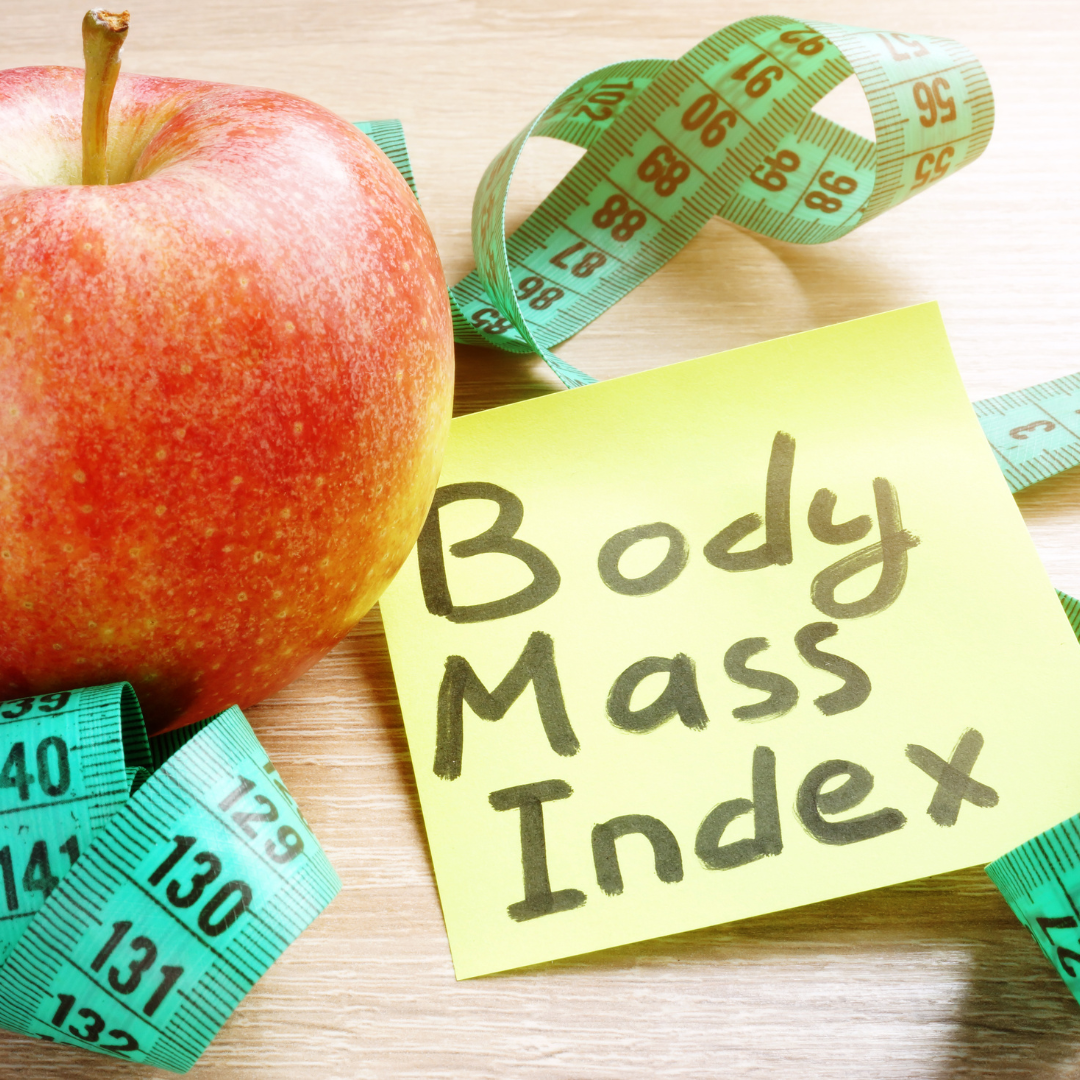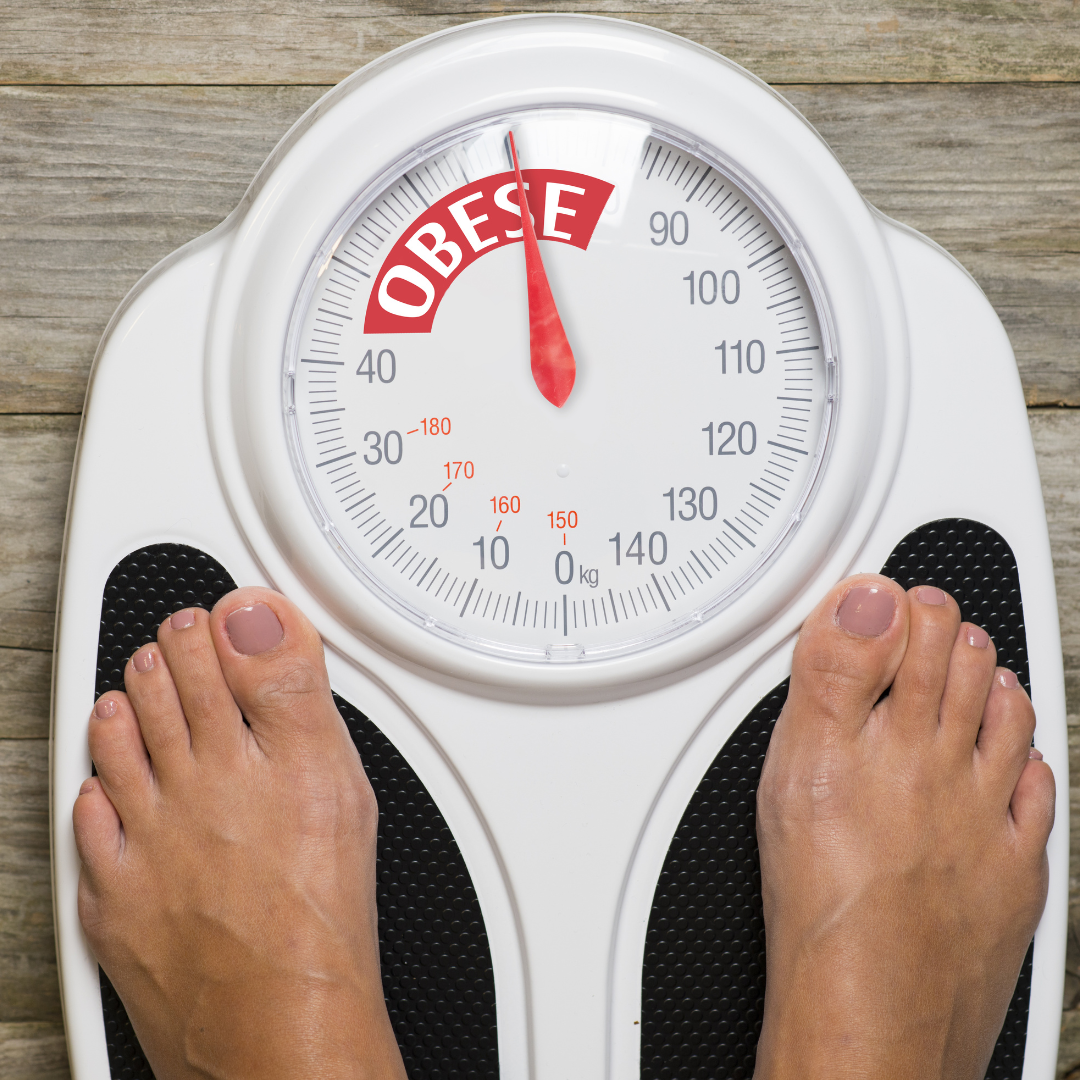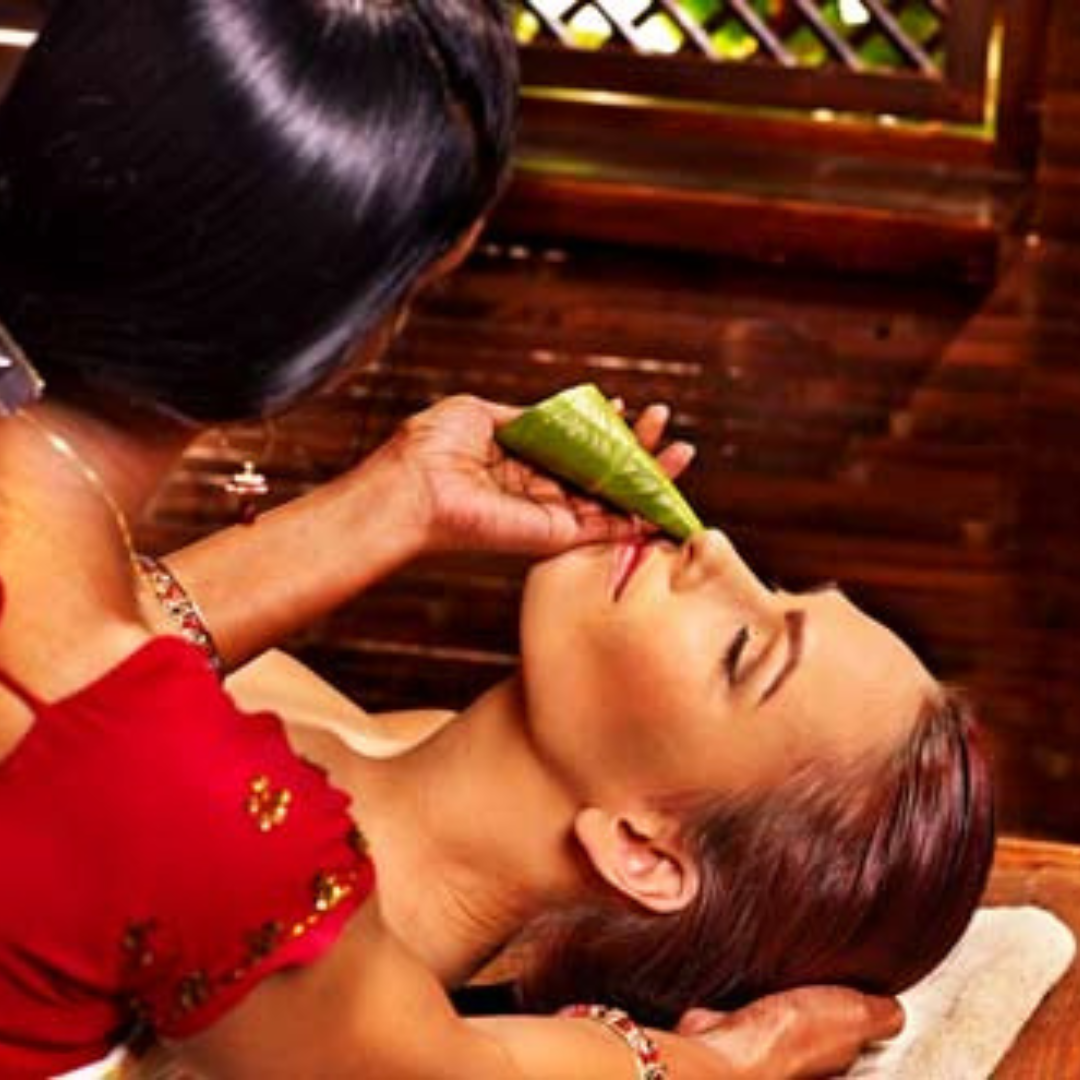Obesity Reversal

Obesity Reversal
In today's fast-paced world, both men and women face unique challenges in maintaining health and wellness. Obesity, a widespread health issue, affects individuals worldwide due to various factors such as hormonal changes, sedentary lifestyles, and unhealthy eating habits. Excessive body fat impacts not only physical appearance but also increases the risk of diabetes, heart disease, and other health complications. Ayurveda, the ancient Indian system of medicine, offers effective and natural solutions to combat obesity and manage related lifestyle diseases by identifying and addressing their root causes.
Root Causes (Nidanas) of Obesity
Obesity is a metabolic disorder typically resulting from an imbalance between energy intake and expenditure. It is particularly prevalent in affluent societies and is often associated with sedentary lifestyles and unhealthy dietary habits. In Ayurveda, the root causes of obesity include:
- Dietary Causes: Excessive consumption of energy-dense foods high in fat and carbohydrates.
- Behavioral Causes: Lack of physical activity, irregular food habits, and excessive daytime sleeping.
- Psychological Causes: Stress, anxiety, and other mental health issues.
- Miscellaneous Causes: Age, sex, genetics, endocrine disorders, medications (e.g., steroids, oral contraceptives), and improper administration of therapeutic measures.
Ayurveda categorizes obesity (Sthaulya) and excess fat tissue (Medovriddhi) as conditions resulting from an imbalance of the doshas, with Medovriddhi being the initial stage that can progress to Sthaulya if left unchecked.

The Ayurvedic Approach: Beyond BMI
Ayurveda emphasizes that each individual's body type (Prakriti) has unique traits, and a healthy Body Mass Index (BMI) range can vary accordingly. Instead of solely relying on BMI, Ayurvedic assessments focus on understanding one's body constitution (Vata, Pitta, Kapha) to develop personalized treatment plans. This holistic approach ensures that treatments are tailored to the specific needs and imbalances of each individual, promoting sustainable and effective weight management.

Root Causes (Nidanas) of Obesity
Obesity is a metabolic disorder typically resulting from an imbalance between energy intake and expenditure. It is particularly prevalent in affluent societies and is often associated with sedentary lifestyles and unhealthy dietary habits. In Ayurveda, the root causes of obesity include:
- Dietary Causes: Excessive consumption of energy-dense foods high in fat and carbohydrates.
- Behavioral Causes: Lack of physical activity, irregular food habits, and excessive daytime sleeping.
- Psychological Causes: Stress, anxiety, and other mental health issues.
- Miscellaneous Causes: Age, sex, genetics, endocrine disorders, medications (e.g., steroids, oral contraceptives), and improper administration of therapeutic measures.
Ayurveda categorizes obesity (Sthaulya) and excess fat tissue (Medovriddhi) as conditions resulting from an imbalance of the doshas, with Medovriddhi being the initial stage that can progress to Sthaulya if left unchecked.

Panchakarma (Shodhan) Therapies at Kiaan Ayurveda
Panchakarma is a cornerstone of Ayurvedic treatment, focusing on detoxification and rejuvenation to balance the doshas and improve overall health. At Kiaan Ayurveda, the following Panchakarma therapies are recommended for managing obesity:
- Vaman (Therapeutic Emesis): Induces vomiting to cleanse the upper digestive tract.
- Virechan (Therapeutic Purgation): Cleanses the lower digestive tract through purgation.
- Lekhan Vasti (Medicated Enema): Administers medicated enemas to cleanse the colon.
These therapies help eliminate toxins (Ama) from the body, reduce excess fat, and restore balance to the doshas.

Palliative (Shamana) Methods of Treatment at Kiaan Ayurveda
Alongside Panchakarma, Kiaan Ayurveda offers palliative treatments to manage obesity through natural and holistic approaches. These include:
- Langhan (Fasting): Controlled fasting to enhance metabolism and burn excess fat.
- Ama Pachan: Use of digestive herbs to improve metabolism and reduce fat.
- Ruksha Udwartan (Dry Medicated Powder Massage): Stimulates circulation and aids in fat reduction.
- Herbal Remedies: Use of single herbs like Guduchi, Vidanga, Musta, Sunthi, Amla, Vaca, and compound formulations like Trikatu, Navak Guggulu, Triphala Guggulu, Vidangadi Churna, Takrarishta, and Arogya Vardhini Vati to manage weight and improve overall health.

Do's
Diet:
- Consume low-fat, low-calorie foods.
- Include high-protein foods to stay fuller for longer.
- Prefer steamed, boiled, or baked vegetables over fried ones.
- Eat frequent small meals to avoid cravings.
- Drink skimmed milk and warm water.
- Incorporate healthy foods like oatmeal, walnuts, salads, bitter gourd, drumstick, barley, wheat, green gram, honey, Indian gooseberry, pomegranate, and skimmed buttermilk.
- Use lemon in diet and drinks.
Physical Activity:
- Engage in mild to moderate exercise according to individual capacity.
- Develop a regular habit of brisk morning walks for at least 30 minutes.
- Practice yoga and meditation to manage stress and promote mental clarity.
Do's and Don'ts (Pathya-Apathya) in Obesity Management
Maintaining a healthy lifestyle is crucial for managing obesity. Kiaan Ayurveda provides the following guidelines:

Don'ts
Diet:
- Avoid high-carbohydrate vegetables like potatoes and rice.
- Limit sugary or sweet products, excessive dairy products, fried and oily foods, fast foods, and excessive salt.
Lifestyle:
- Avoid sedentary habits and excessive sleep.
- Refrain from watching TV while eating.
- Avoid alcohol and smoking.
Kiaan Ayurveda
Online Ayurvedic Consultation
Share

Contact form
Premature Balding / Alopecia
Premature balding, also known as premature hair loss or early onset baldness, is a condition where individuals experience hair loss at a younger age than what is considered normal or expected. It primarily affects men, but some women may also experience premature hair thinning or baldness. This condition can have a significant impact on self-esteem and confidence, as hair loss is often associated with aging.
Causes of Premature Balding and Types of Alopecia:
Premature balding can result from genetic predisposition, hormonal imbalances, stress, poor nutrition, and various medical conditions. There are specific types of alopecia that contribute to hair loss:
- Alopecia Areata: Characterized by sharply defined patches of baldness, alopecia areata is an autoimmune condition where the immune system mistakenly attacks hair follicles, leading to hair loss.
- Alopecia Cicatricial (Scarring Alopecia): Hair loss occurs due to scar tissue formation on the scalp or other affected areas, often caused by physical injury, burns, infections, or inflammatory conditions.
- Alopecia Liminalis: Also known as frontal fibrosing alopecia, this condition causes hair loss along the hairline, affecting both the front and back edges. It predominantly affects women.
- Alopecia Universalis: An advanced form of alopecia areata, where hair loss extends to the entire body, including scalp hair, eyebrows, eyelashes, and body hair.
- Male Pattern Baldness (Androgenetic Alopecia): The most common cause of hair loss in men, male pattern baldness is influenced by genetic factors and hormonal imbalances, particularly the hormone dihydrotestosterone (DHT).
Ayurvedic Approach to Hair Loss:
In Ayurveda, hair loss is viewed as a manifestation of imbalances primarily involving the doshas (Vata, Pitta, Kapha) and the health of dhatus (tissues) like Rasa (plasma), Rakta (blood), and Meda (fat). The Ayurvedic approach to managing hair loss focuses on addressing these underlying imbalances and nourishing the hair follicles.
Treatment Strategies Include:
- Rejuvenation Therapies: Such as head massages (Abhyanga), oil treatments (Shirodhara), and herbal pastes (Lepa) to nourish the scalp and hair follicles, promoting hair growth and improving hair texture.
- Herbal Remedies: Using herbs like Bhringraj, Amla, Brahmi, and Jatamansi known for their hair-strengthening, follicle-nourishing, and scalp-soothing properties.
- Dietary Adjustments: Emphasizing a balanced diet rich in proteins, vitamins (especially B-complex and vitamin E), minerals like iron and zinc, and healthy fats to support hair growth and overall health.
- Lifestyle Modifications: Including stress management techniques such as yoga, meditation, and adequate sleep. Avoiding harsh hair treatments and practices that can damage hair follicles.
By integrating Ayurvedic principles with modern understanding of hair loss conditions like alopecia and male pattern baldness, individuals can adopt a holistic approach to preserving and promoting healthy hair growth. Consulting with an Ayurvedic practitioner ensures personalized treatment plans tailored to individual needs and conditions, supporting the restoration of hair health and overall well-being.

